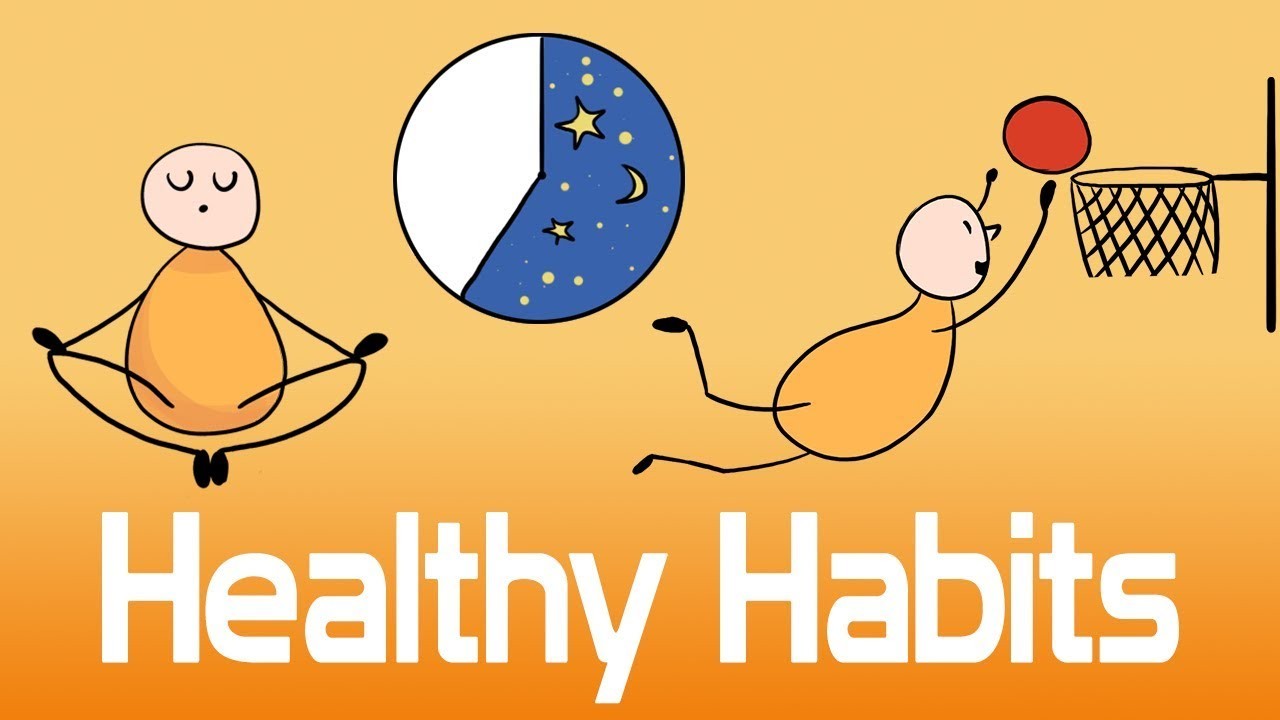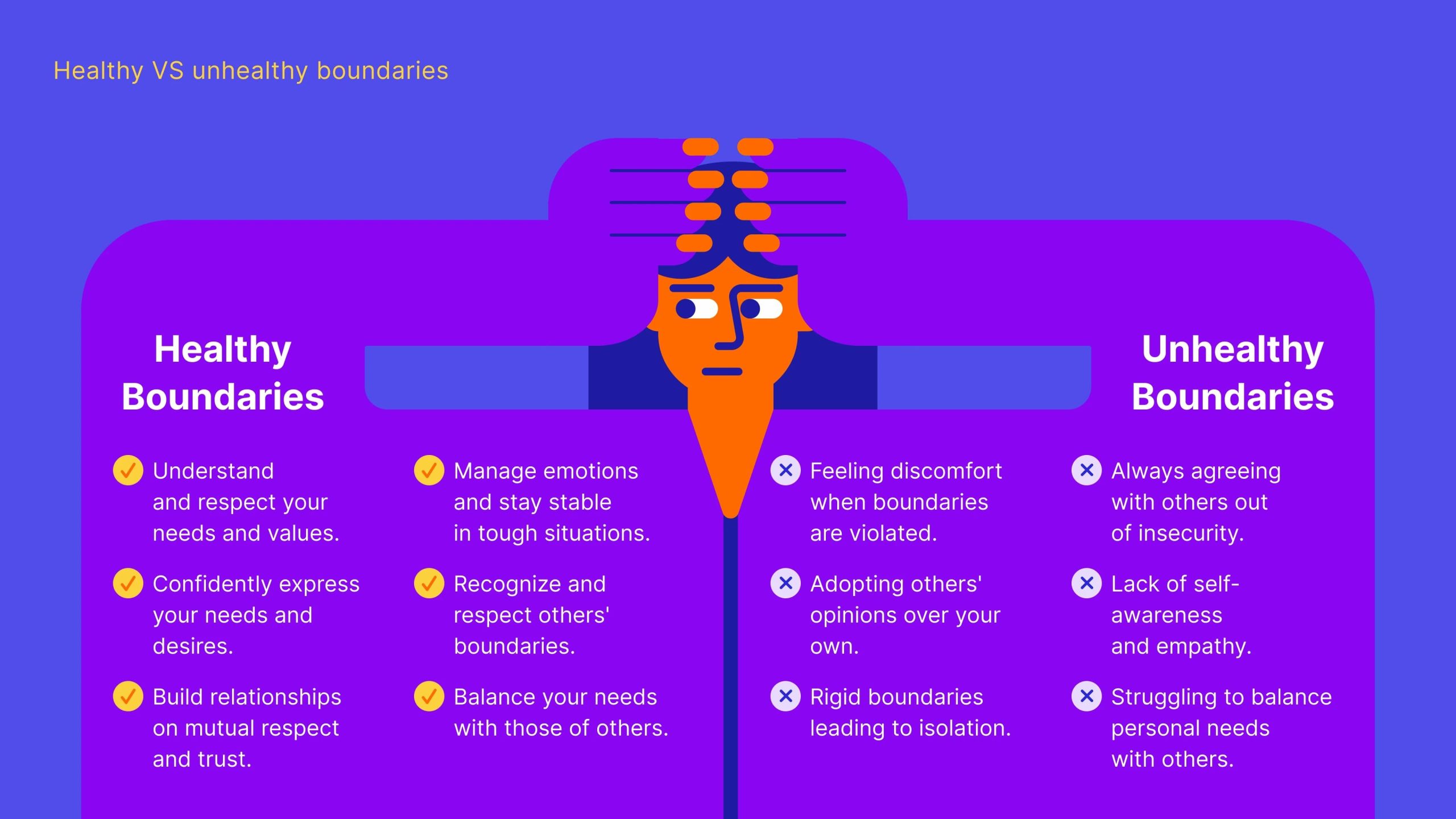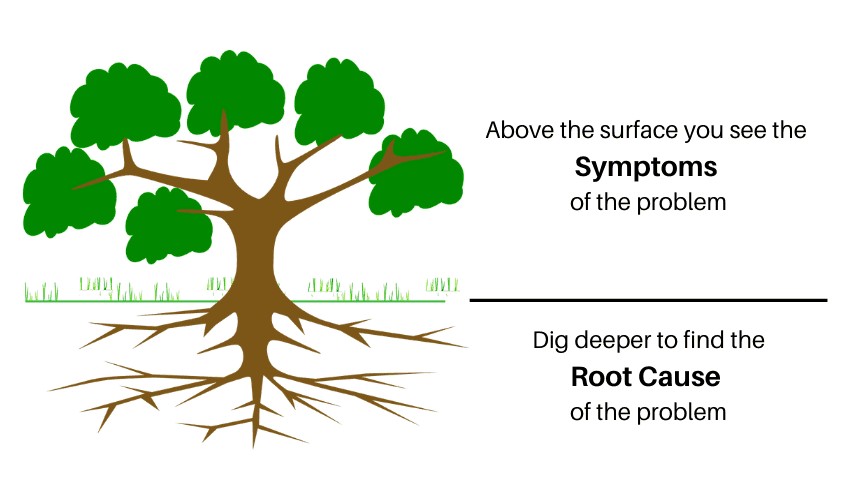In the pursuit of personal well-being and productivity, the importance of healthy habits is a universally acknowledged truth. From regular exercise and nutritious eating to consistent sleep and mindful financial practices, these routines form the bedrock of a thriving life. Yet, for many, the journey to embedding these beneficial behaviors into daily existence is fraught with starts and stops, resolutions broken, and intentions unmet. Understanding the underlying psychology of habit formation is not just helpful; it is absolutely critical for transforming fleeting aspirations into enduring, automatic actions that genuinely improve our lives. It’s about leveraging the very mechanisms of our minds to work for us, rather than against us.
At its core, a habit is a behavior that has become automatic through repetition. It’s a neurological shortcut, a way for our brains to conserve energy by no longer requiring conscious decision-making for routine tasks. Think about tying your shoelaces, driving a familiar route, or brushing your teeth; these are actions performed almost without thought. This automaticity is precisely what makes habits so powerful. The challenge, then, lies in consciously installing positive habits and dismantling negative ones.
The renowned model for habit formation often points to a three-part loop: cue, routine, and reward. The cue is the trigger that initiates the behavior, signaling the brain to enter automatic mode. The routine is the behavior itself, the action you take. And the reward is the positive reinforcement that follows, telling your brain that this loop is worth remembering and repeating. For instance, the cue might be waking up (morning routine), the routine is exercising, and the reward is the feeling of energy and accomplishment. The stronger the connection between the cue, routine, and reward, the more deeply ingrained the habit becomes. Understanding this loop allows us to intentionally design our environment and behaviors to foster the habits we desire.
One of the most significant psychological barriers to forming healthy habits is the allure of instant gratification versus delayed gratification. Unhealthy habits, like scrolling social media or indulging in sugary treats, often provide immediate, albeit fleeting, pleasure. Healthy habits, such as saving money or exercising, yield their most significant rewards in the future—better health, financial security, enhanced well-being. Our brains are hardwired to favor immediate rewards, making it challenging to choose the long-term benefit over short-term pleasure. To counteract this, it’s crucial to make the rewards of healthy habits more immediate and tangible. For example, instead of just thinking about future health benefits, focus on the immediate energy boost after a workout or the satisfaction of seeing your savings account grow each week.
The concept of identity-based habits is another powerful psychological lever. Many people approach habit change from an outcome-based perspective: “I want to lose 10 kilograms” or “I want to save X amount.” While these outcomes are valid, a more effective approach is to focus on who you want to become. Instead of “I want to exercise,” think “I am a healthy, active person.” Instead of “I want to eat better,” consider “I am someone who prioritizes nutritious food.” When a habit becomes an extension of your self-identity, it is no longer a chore but an affirmation of who you are, making adherence significantly easier and more intrinsically motivating.
Environment design plays a surprisingly potent role. Our surroundings are constantly bombarding us with cues that trigger habits, both good and bad. To cultivate healthy habits, consciously design your environment to make the desired behavior easier and the undesired behavior harder. If you want to exercise more, lay out your workout clothes the night before. If you want to eat healthier, stock your fridge with fruits and vegetables and remove tempting junk food from plain sight. If you want to save money, set up automatic transfers to your savings account so you never even see the money in your checking account. By altering the cues in your environment, you reduce the willpower needed to initiate the healthy routine.
Furthermore, the “all-or-nothing” mentality is a significant psychological pitfall. Many people strive for perfection from day one, and when they inevitably stumble, they abandon the habit entirely. The reality of habit formation is that consistency, not perfection, is the key. Embracing the concept of “rebounding quickly” is vital. If you miss a workout or deviate from your healthy eating plan, don’t let it derail your entire effort. Acknowledge the slip, learn from it, and get back on track with the very next opportunity. One missed day does not negate weeks of effort. This forgiving approach fosters resilience and prevents minor setbacks from becoming complete failures.
Finally, tracking progress and celebrating small wins are powerful psychological motivators. Seeing tangible evidence of your consistency—whether it’s a streak on a habit tracker, a growing savings balance, or increased strength in the gym—provides vital positive reinforcement. These small victories reinforce the reward loop, making the habit more satisfying and increasing the likelihood of long-term adherence. Share your progress with a supportive friend or family member, or simply acknowledge your own achievements.
In conclusion, forming healthy habits is not about willpower alone; it’s a nuanced psychological process that can be strategically influenced. By understanding the cue-routine-reward loop, leveraging identity-based motivation, intentionally designing your environment, embracing consistency over perfection, and celebrating progress, you can transform beneficial behaviors from daunting tasks into effortless, automatic parts of your daily life. It’s an investment in understanding your own mind, yielding profound returns in well-being, productivity, and overall life satisfaction.





